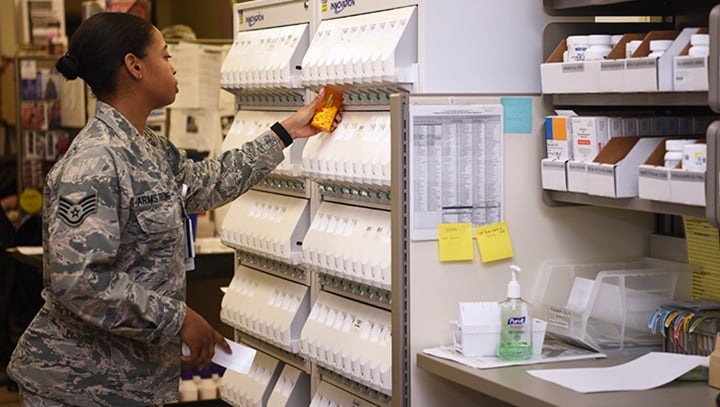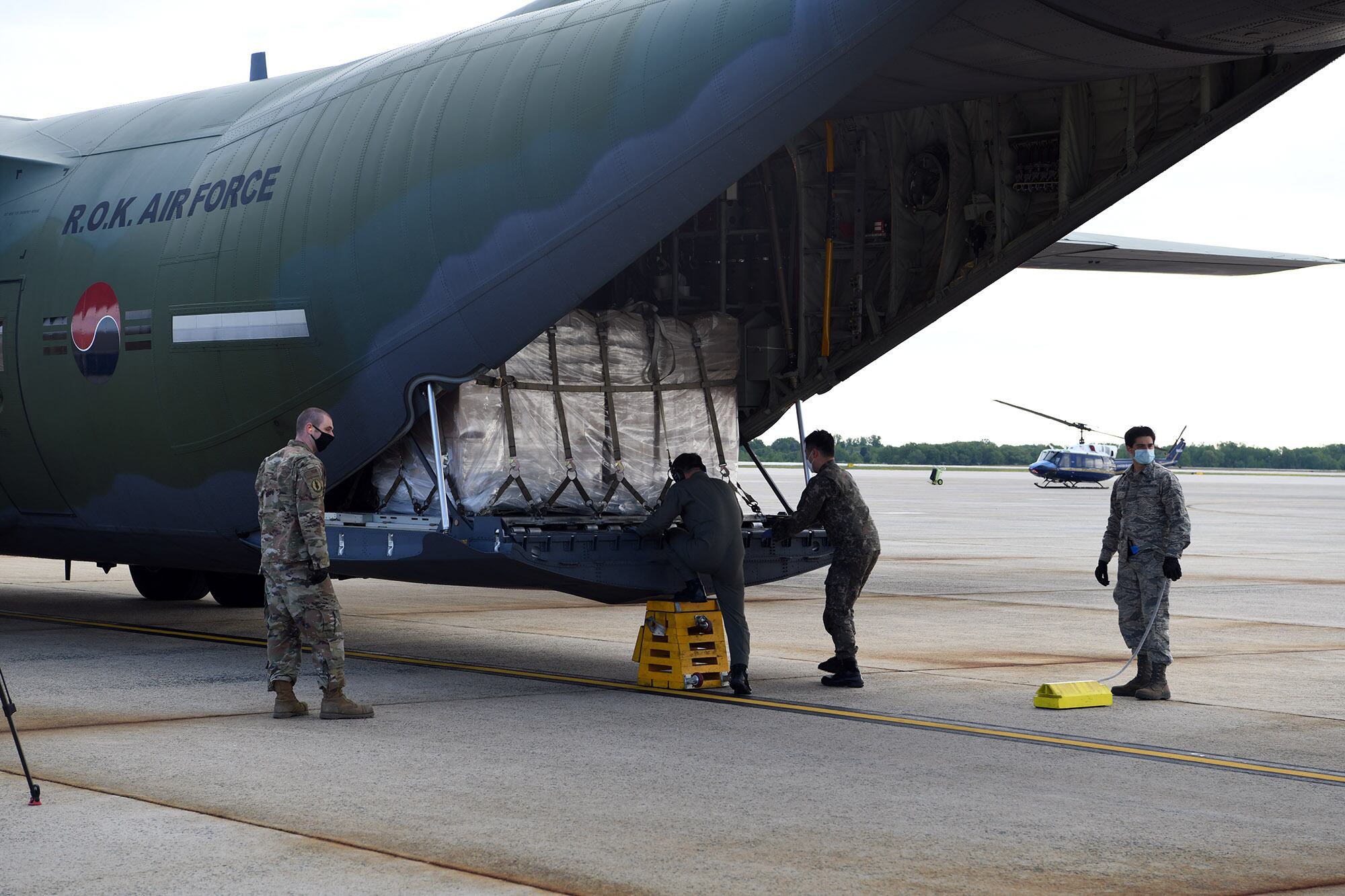A new $3 trillion emergency coronavirus spending plan unveiled by House Democrats this week includes additional financial protections for service members trapped in place by military travel stops and guarantees that veterans won’t face co-pays when seeking treatment for pandemic-related treatments.
The massive spending bill has already drawn praise from Democratic leaders but scorn from Republicans who have called it too far-reaching and expensive. Senate Majority Leader Mitch McConnell, R-Ky., has said the measure has no chance of passing the Senate.
But in an interview on CNN Tuesday, House Speaker Nancy Pelosi, D-Calif., argued the new legislation is needed to provide more financial assistance to struggling families and dramatically expand available testing to allow businesses across America to safely reopen.
“There's a bigger commitment to testing and to meeting the needs of localities,” she said.
RELATED

Although the overall package faces slim prospects of becoming law in its current form, many of the military and veterans provisions within it are non-controversial and could become parts of future compromise spending measures.
That includes increases in grants for homeless veterans, further extending deadlines for veterans to file new disability claims, suspension of VA debt collection until at least 60 days after the public health emergency is ended, and eliminating “copays or cost-sharing for preventative treatment or services for COVID-19, including the administration of a vaccine.”
Bill authors also included extra money in the package for the purchase of personal protective equipment for home health aides and veterans’ caregivers.
For active-duty troops and their families, the bill would allow service members to end home and vehicle leases as well as cable and telephone contracts when their scheduled military moves are postponed or cancelled because of coronavirus stop-movement orders.
Defense Department officials cancelled nearly all military travel in late March and announced those restrictions will remain in place until at least June 30.
National Guard and Reserve members deployed for at least two weeks on domestic coronavirus response missions would be eligible to receive free mental health care at vet centers under the House measure. Some veterans facing new financial hardships as a result of the pandemic would qualify for full VA medical benefits as well.
RELATED

The House proposal also mandates a report on the potential impact of coronavirus-related closings and restrictions on overseas voting in the upcoming November presidential election. Defense and State Department officials would be charged with making public “plans to mitigate any COVID-19 related impacts on overseas voters seeking to return their mail-in ballots.”
In early April, lawmakers approved a $2 trillion emergency spending package which included nearly $20 billion for VA and $10 billion for the Department of Defense, mostly for medical response to the outbreak.
House members are expected to vote on the proposal on Friday.
Nearly 83,000 Americans have died from complications related to the fast-spreading virus in the last two months.
Leo covers Congress, Veterans Affairs and the White House for Military Times. He has covered Washington, D.C. since 2004, focusing on military personnel and veterans policies. His work has earned numerous honors, including a 2009 Polk award, a 2010 National Headliner Award, the IAVA Leadership in Journalism award and the VFW News Media award.





